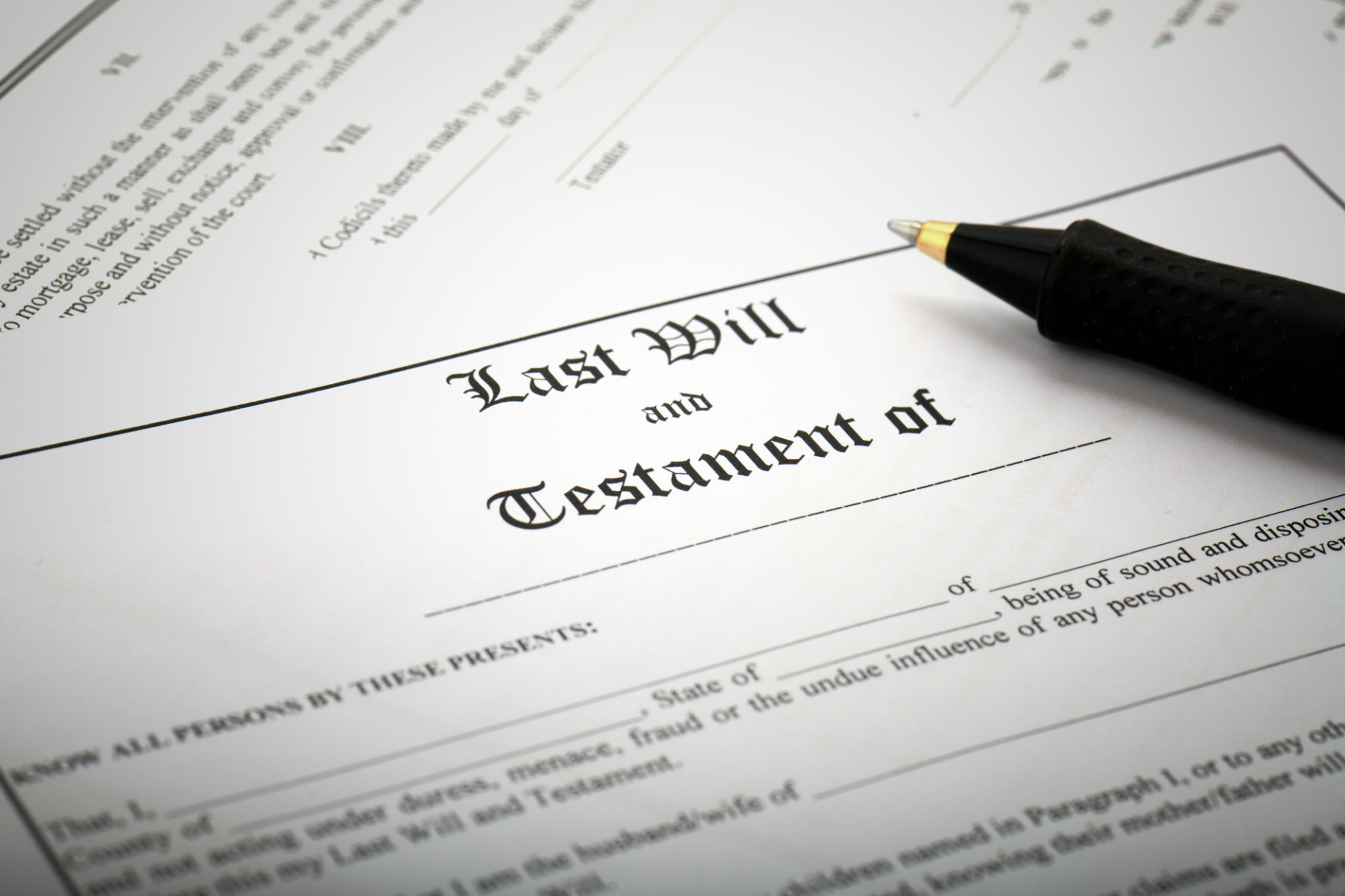Quick Home Sales: A Guide to Navigating Probate Property Sales
Understanding Probate Property Sales
Probate property sales can often be complex, but they offer unique opportunities for buyers and sellers alike. Navigating these sales efficiently requires a good understanding of the probate process, which occurs when a deceased person's estate is administered to settle debts and distribute assets. This guide will walk you through the essential steps to ensure a quick and smooth transaction.
The probate process can vary by state, but generally involves proving the validity of a will, inventorying the deceased's property, appraising the property, paying debts and taxes, and distributing the remaining property as directed by the will or state law. Understanding these steps is crucial for anyone looking to buy or sell probate properties.

Preparing to Sell a Probate Property
Selling a probate property requires careful preparation. First, ensure that you have the legal authority to sell the property. This usually involves obtaining a court order if you are the executor or administrator of the estate. It's also important to get an accurate appraisal of the property's value to set a realistic asking price.
Consider hiring a real estate agent experienced in probate sales. They can provide valuable insights and assistance in navigating the legal and logistical challenges of selling a probate property. Additionally, ensure that all necessary repairs and improvements are made to attract potential buyers.

Marketing Your Probate Property
Once you're ready to list the property, effective marketing is key to attracting buyers. Highlight any unique features of the property and its potential for renovation or investment. Use online platforms, local newspapers, and real estate listings to reach a wide audience.
Hold open houses and private showings to give potential buyers an opportunity to view the property firsthand. Be transparent about the probate process and any timelines involved, as this can help manage buyer expectations.
The Buyer’s Perspective
From a buyer's standpoint, purchasing a probate property can be an attractive option due to potentially lower prices. However, it's important for buyers to conduct thorough due diligence. Understanding the legalities surrounding probate sales is crucial to avoid any pitfalls.
- Research the property's history and current condition.
- Understand any liens or debts associated with the property.
- Be prepared for potential delays in closing due to court procedures.

Final Steps for Closing
Once a buyer has been secured, and terms agreed upon, the closing process begins. This often involves more scrutiny than typical real estate transactions due to court oversight. Ensure that all necessary paperwork is completed accurately and in a timely manner.
Finally, be prepared for potential delays caused by court schedules or unforeseen estate issues. Having a legal advisor or experienced real estate professional can be invaluable during this stage to ensure everything proceeds smoothly and efficiently.
By understanding and preparing for these aspects of probate property sales, both buyers and sellers can navigate the process more effectively, resulting in quicker and more successful transactions.
